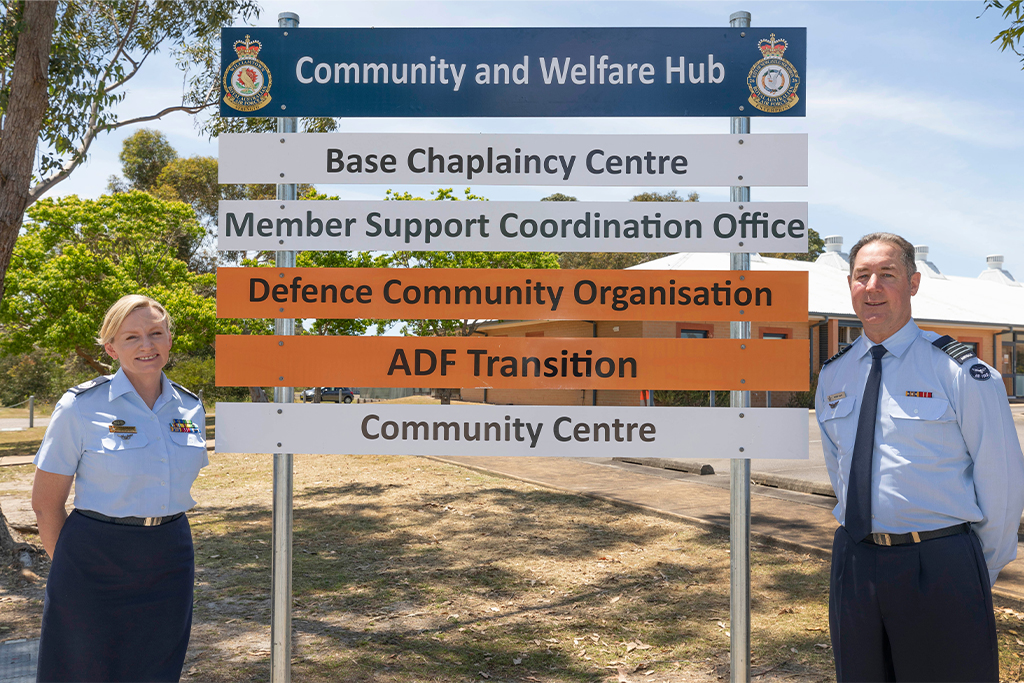
Follow the Money – Beware of online comparison websites
October 12, 2020
Get connected – locating and using available resources
November 6, 2020Australian household and personal debt levels are some of the highest in the world and this can lead to financial stress and difficulty managing debts.
1. If you or someone you care about is ever in a situation where you are having trouble paying debts, this short overview is designed to help you take control of your finances and get back on track. For a start:
Don’t ignore the problem that’s likely to make it worse. Tackling the problem head on and seeking help if you need it, will be the fastest way of getting back on track.
Write down all your debts and do a budget. This will give you a clear picture of your income and expenses (including payments on debts) and show you where you can make savings. You will be able to see quickly whether you can realistically pay your debts without help.
These resources may assist you:
Don’t panic and rush into a debt agreement or bankruptcy. These actions could affect your security clearance and have a serious impact on your career in the ADF and future financial outcomes.
Do seek advice from a financial counsellor or your local ADF legal officer before doing anything. Please contact us for a confidential discussion on which service would be most appropriate.
2. If after completing your budget you think that you will not be able to manage your debts.
Don’t just default on your payments. It is important to be proactive, get help and start to deal with the situation as soon as possible.
Do talk to your credit providers as soon as possible, preferably with the help of a financial counsellor, and inform them that you are facing ‘financial hardship’ and are having difficulty keeping up with your payments. Credit providers have a range of options they can offer customers experiencing financial difficulty. Hardship variations can include things like reducing interest, fees or repayments, negotiating payment plans, or renegotiating loan terms. Make sure that you can afford repayments under any new arrangement before you agree.
Don’t pay for help. There are many for-profit ventures, sometimes called ‘debt solution companies’ offering to help people with financial difficulties. They may provide ‘debt consolidation loans’, ‘debt agreements’ or other services for which they will earn fees or commissions. Avoid them. Use a free financial counselling or legal service instead.
Do seek help urgently from a financial counsellor or free legal service. Financial counsellors provide a free service to eligible people. They are experts at advocating for people with financial problems and dealing with creditors.
To find a financial counsellor either:
- contact us for a confidential referral; or
- call the National Debt Hotline 1800 007 007
There are a number of free services for people who have legal issues, including debt problems, but are not able to pay for a lawyer.
You can find information on free legal services on the Moneysmart and Community Legal Centres Australia websites.
Even if you intend on entering into a debt consolidation loan, debt agreement or bankruptcy you should always seek legal advice first.
And finally, if you are in doubt about anything in this article, have difficulties managing debts or any other questions or concerns about personal finances do not hesitate to contact us for assistance.






